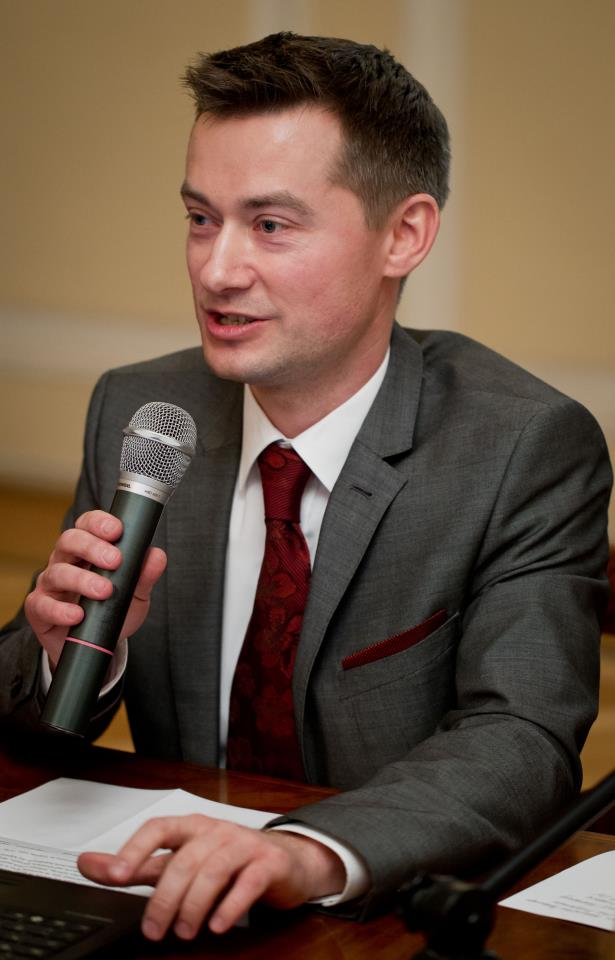Ort: Vortragssaal Musikwissenschaftliches Seminar Basel
MWS Vortrag von Pawel Gancarczyk

The concept of «Central Europe» is defined in musical historiography in a variety of ways. In relation to the fifteenth century, many studies use it with reference purely to German-speaking countries, while Poland, Bohemia and Hungary are regarded as belonging to Eastern Europe (less often: Central-Eastern Europe). This kind of regionalisation is not justified by the sources, and is merely a continuation of the ahistorical paradigm established in Europe after 1945 and which did not fall at the same time as the Berlin wall.
The biography and works of Petrus Wilhelmi de Grudencz provide an excellent example of the distinctive nature of the musical culture of Central Europe in the fifteenth century. The composer and Latin poet was born in the territory of the state of the Teutonic Order in Prussia (now Poland), educated at the university in Cracow, and then became chaplain to the German king and later emperor Frederick III. His compositions – Latin songs, motets and canons – survive in Austrian, German, Polish, Czech and Hungarian sources. They have their own very clear characteristics which distinguish them from compositions being written contemporaneously in Burgundy or Italy. Some of them remained in the repertory for many decades after the composer’s death, until as late as the mid-seventeenth century.
The aim of this lecture is both to present the profile of Petrus Wilhelmi de Grudencz, and to demonstrate, on his example, the phenomenon of the musical culture of fifteenth-century Europe. It will take into account the results of the latest research currently being conducted by the author as part of project HERA ‹Sound Memories. The Musical Past in Late-Medieval and Early Modern Europe›.
Veranstaltung übernehmen als iCal
